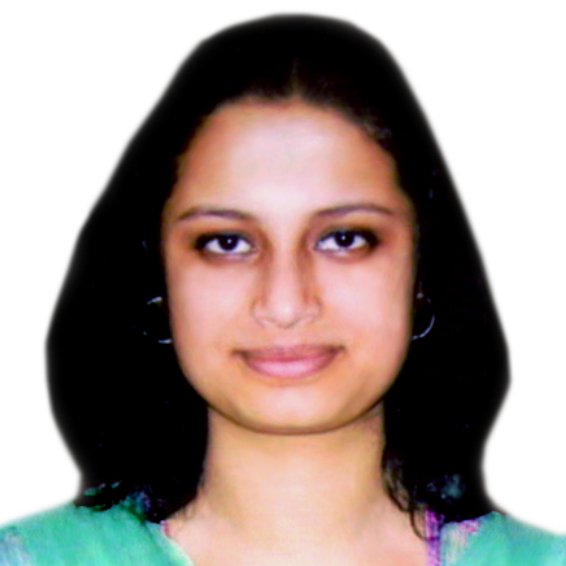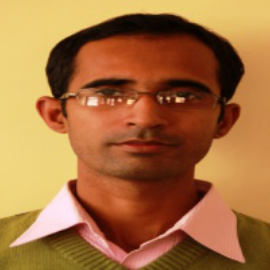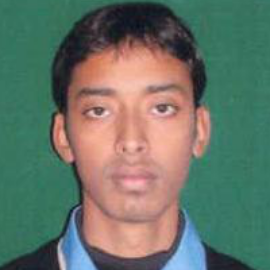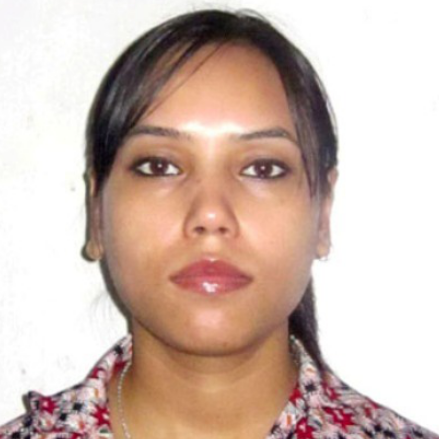International Journal of Information Technology and Computer Science (IJITCS)
IJITCS Vol. 5, No. 7, 8 Jun. 2013
Cover page and Table of Contents: PDF (size: 630KB)
Performance Analysis on Throughput in 4G Network in Digital Environment with SISO Technique
Full Text (PDF, 630KB), PP.71-79
Views: 0 Downloads: 0
Author(s)
Index Terms
LTE, EPA, EVA, ETU, RBs
Abstract
The development of the 4G or the Long Term Evolution (LTE) is working at a very fast pace. The 4G system invention had very high prospective and goals compared to 3G. It was already thought that the system should be more competitive and secure based. Every wireless connection would be IP oriented. 4G is on its phase in improving the Quality of Service (QOS). This paper shows the comparison of the throughput delivered by the different modulation techniques which have been proposed to be used. Also comparison has been made with the different Extended Channel Models. Figures and graphs have been put forward to show the performance by the throughput delivered in digital environment and RF technology.
Cite This Paper
Nausrat Jahan Ahmed, Md. Ruhul Islam, Victor Dutta, Indu Kumari Gupta, "Performance Analysis on Throughput in 4G Network in Digital Environment with SISO Technique", International Journal of Information Technology and Computer Science(IJITCS), vol.5, no.7, pp.71-79, 2013. DOI:10.5815/ijitcs.2013.07.09
Reference
[1]Sklar, B., Digital Communications: Fundamentals and Applications, Seco Edition (Upper Saddle River, NJ: Prentice-Hall, 2001).
[2]Rappaport, T.S., Wireless Communications (Upper Saddle River, NJ: Prentice-Hall, 1996).
[3]www.steepextascent.com/content/mediaassets/html/LTE/Help/PropagationConditions.html
[4]Balasundram, Nilkantha Chakraborty, “Performance Analysis of Extended Channel Models for MIMO LTE SC-FDMA Uplink Systems”, IJEEE, ISSN: 2277-7040, Volume 2 Issue 2.
[5]Mark Goosen, TDD vs FDD, Spescom Telecommunications, Elektron January 2006.
[6]Ahsan Adeel,Raed A. Abd-Alhameed,Shahid Mehmood, “PAPR and Bandwidth Analysis of SISO-OFDM/WOFDM and MIMO OFDM/WOFDM (WImax) for Multi-Path Fading”, International Journal of Computer Applications (0975-8887), Volume44- No.22, April 2012.
[7]M. Rumney, LTE and the Evolution to 4G Wireless Design and Measurement Challenges, pp. 555–567, Agilent Technologies Publication, 2009.
[8]James E. Gilpy, Transcript International Inc., August 2003, “Bit Error Rate Simulation using Matlab”
[9]Mohammaed Slim Alouini and Andrea J. Goldsmith “ Capacity of Rayleigh fading channels under different Adaptive Transmission and Diversity combining Techniques”,IEEE Transactions on Vehicular Technology, Vol. 48, No. 4, July 1999.
[10]Fumiyaki Adachi, “error Rate Analysis of Differentially Encoded and detected 16-APSK under Rician fading”, IEEE Transactions on Vehicular Technology, Vol. 45,No. 1, February 1996.



